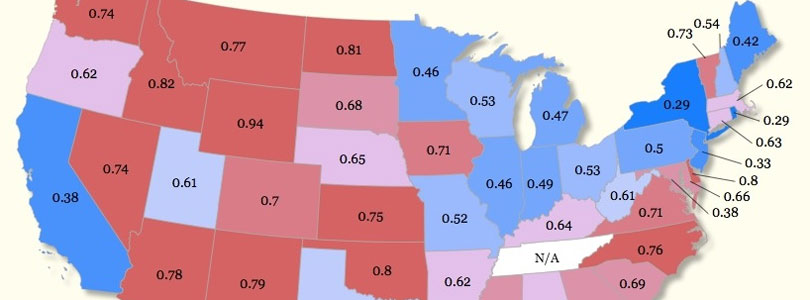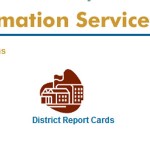The Environment for RI’s Health Benefit Exchange & Medicaid Expansion
The RI Center for Freedom & Prosperity has been collecting reasons not to pursue a “dependency portal” unified infrastructure, marketing all government services through the health benefits exchange currently in the design phase. But there are plenty of reasons to resist the exchange and the related expansion of Medicaid eligibility without regard to the cutting edge of the entitlement state.
Both the exchange — which will subsidize health insurance for families up to 400% of the poverty level (around $90,000 for a family of four) — and the Medicaid expansion are anticipated to greatly increase access to health insurance and use of medical services. Indeed, that’s the point. The problem is that the Patient Protection and Affordable Care Act (PPACA; “ObamaCare”) itself does nothing to expand the supply of doctors, and Rhode Island, specifically, has taken no steps to make up for the shortcoming.
In other words, beyond the direct costs to Rhode Islanders, through state government revenue, will be a cost in the health of the local health care market. The state already suffers from high costs and burdensome state mandates. That’s why some charts and graphics by Avik Roy layer in a disconcerting additional consideration.
One shows that Rhode Island has the 15th lowest percentage of doctors who said, in 2011, that they are accepting new Medicaid patients.

A significant part of the reason, one can surmise, is that Rhode Island has a very low reimbursement rate for doctors for Medicaid, as a percentage of private insurer payments. In 2008, the Ocean State tied for lowest with New York, at 29%.

The implications of these factors for Rhode Island’s intended changes are manifold, but one very direct red flag is that many more people will be seeking doctors, with a large portion seeking a relatively small subgroup of physicians (those accepting Medicaid patients). The ripple effect of that inflow will mean decreased availability of care for everybody.
Another effect will be more increases in costs, as doctors push to raise rates on non-Medicaid patients and as everybody turns increasingly toward precisely the sorts of care that the technocrats are hoping to decrease, in order to save money — namely, emergency care. Indications are that precisely that has been happening in Massachusetts.
Advocates for government-centered healthcare reform have argued that we simply have to move forward and adjust later, because the system is not tolerable as it is. Across the country, though, and acutely in Rhode Island, it is entirely foreseeable that the current course will only lead to even more intolerable results. Unfortunately, the most sure way to move forward, at this point, is to back up and begin in a new direction, with a different philosophy.



